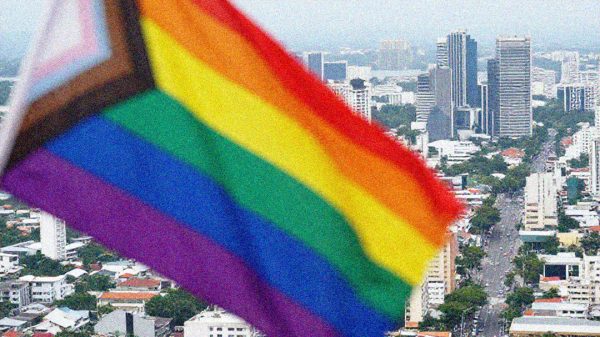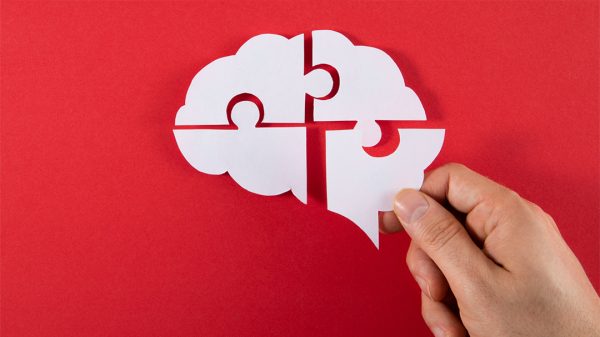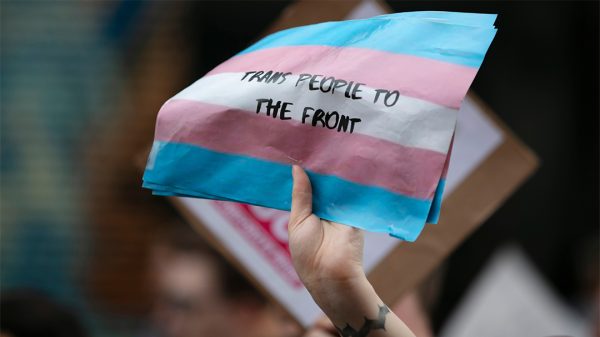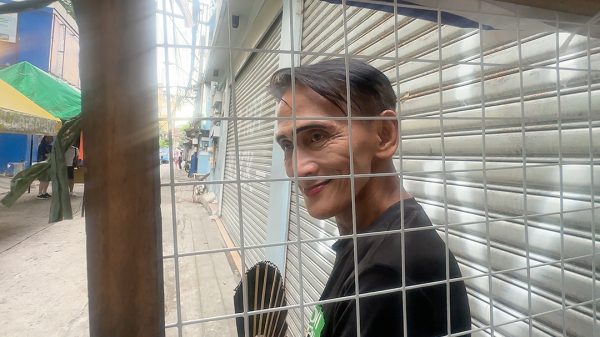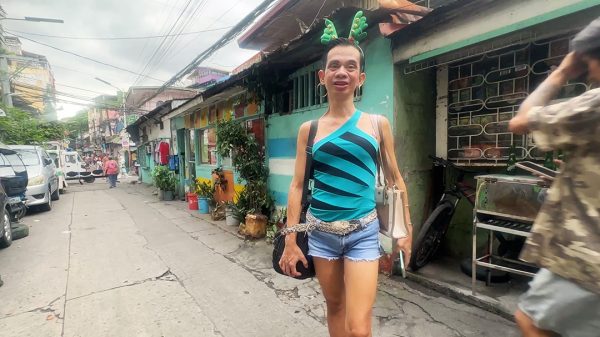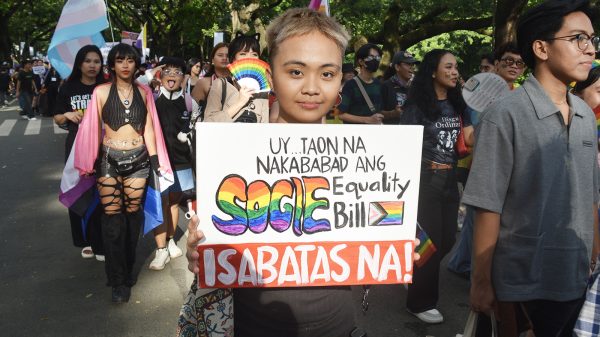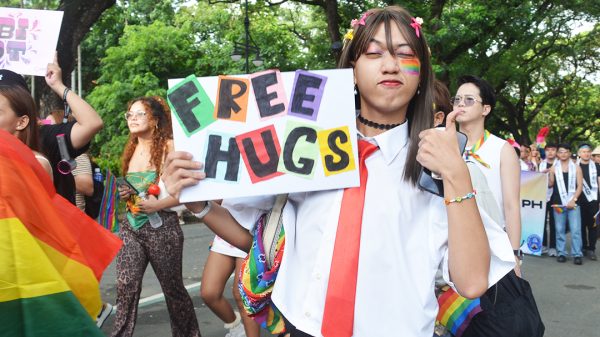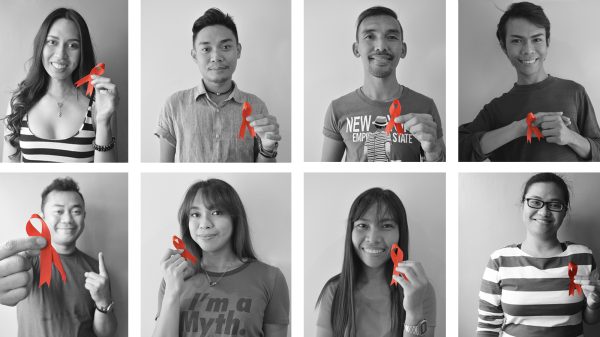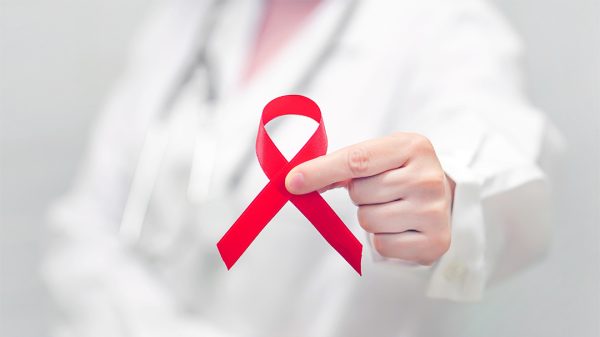Sexual minority women (SMW) are more likely to report adverse childhood experiences, including bullying, emotional abuse, sexual abuse and mental illness.
This is according to a study – “Adverse Childhood Experiences and Mental Health Outcomes Among Sexual Minority Women: A Population-Based Study” by Fenfen Ge, Arna Hauksdóttir, Huan Song, et al – that appeared in LGBT Health.
Here, the researchers wanted to investigate the association between sexual orientation and multiple types of adverse childhood experiences (ACEs) and to what extent ACEs mediate the association between sexual orientation and symptoms of depression and anxiety among SMW.
The researchers used data collected from March 2018 to June 2019, with participants including 11,007 women, aged 18–69. Self-reported data were obtained on 13 different ACEs, and current symptoms of depression and anxiety.
Overall, 724 (6.6%) identified as sexual minority. The mean age of SMW was 34.0 years (standard deviation [SD] 14.0) and 44.7 years (SD 14.0) for heterosexual women.
The researchers found that:
- SMW were more likely to report six or more ACEs than heterosexual women (21.7% vs. 11.3%, respectively), yielding an adjusted odds ratio (aOR) of 2.26 (95% confidence interval [CI] 1.76–2.91).
- SMW were more likely than heterosexual women to report four types of ACEs: specifically bullying, emotional abuse, sexual abuse, and mental illness in the household (aOR ranging from 1.36 to 1.71).
- SMW reported higher odds of current symptoms of depression (aOR = 2.10, 95% CI 1.77–2.49) and anxiety (aOR = 1.69, 95% CI 1.41–2.02).
- The total number of ACEs mediated 32.6% of the association between sexual orientation and depression, and 43.2% of the association between sexual orientation and anxiety.
“These findings suggest that ACEs are a major contributor to the mental health disparities observed among SMW,” the researchers stated, stressing the need to consider these in future researches and actual interventions.



